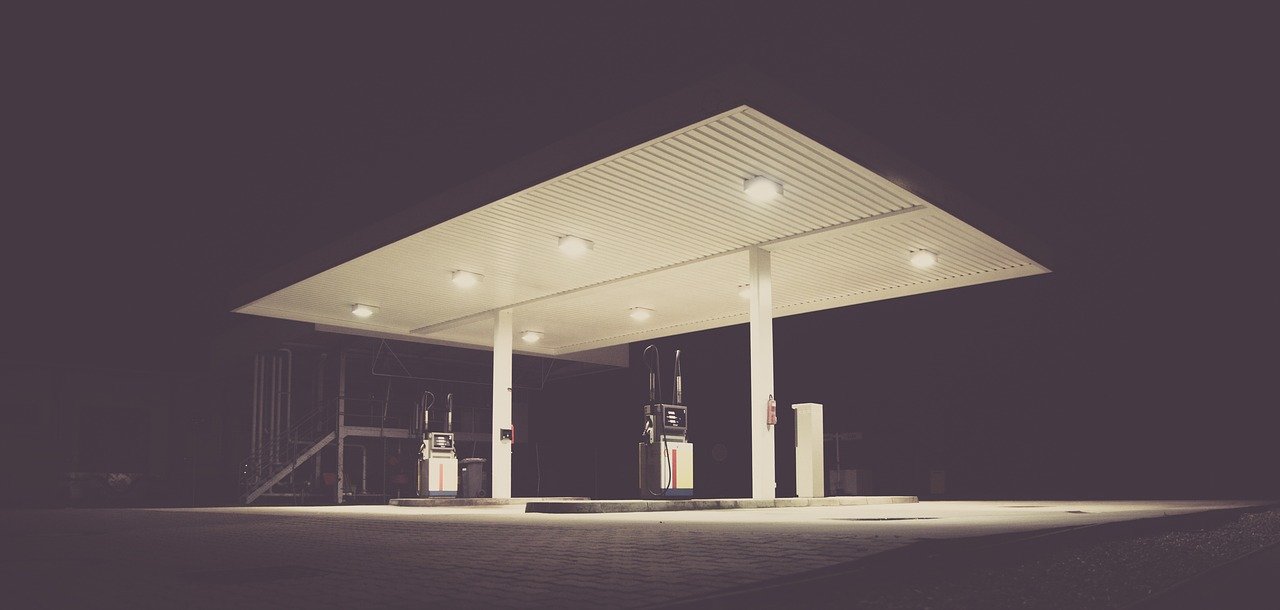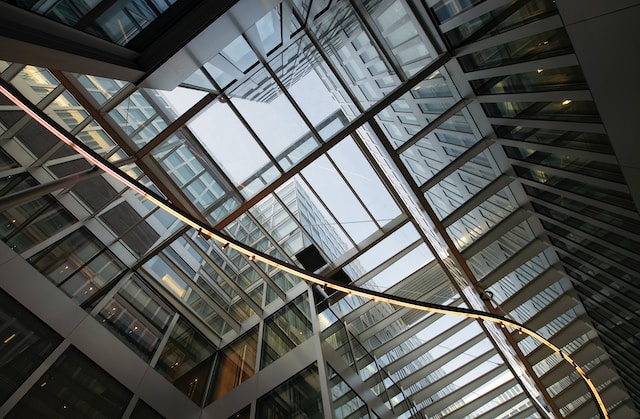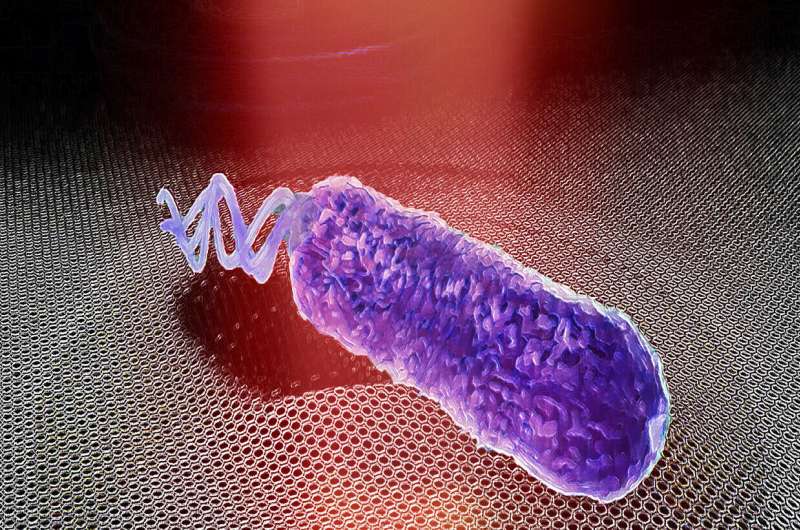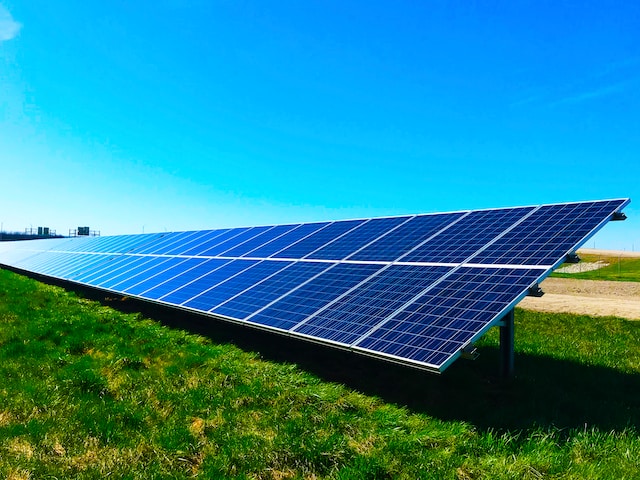Electric powered cars featuring battery packs are all the buzz today, but the time when hydrogen was purported to be the “fuel of tomorrow” isn’t that far behind.
Today, Honda, Toyota, and Hyundai are offering three models in the consumer market, and Honda has been working on hydrogen-based generators for more than a decade already. Yet, the wider adoption of the technology never quite caught up, and it has been already surpassed by the unlikely opponent that were the heavy and inefficient Li-ion battery packs. So, what has happened?
Hydrogen is actually a lot more energy-packed than batteries, so it can easily reach higher ranges for the same “volume of fuel”. When the tank dries empty, refueling only takes a couple of minutes, whereas batteries need at least 30 minutes connected to a rapid charger if you’re planning to go anywhere farther than your own block. So where’s the catch?
The problem with hydrogen isn’t a single one, so let’s examine the most prominent ones below:
- Hydrogen cells are far too expensive to justify the savings, and hydrogen car models cannot compete with EV offerings in the market. The price is about three times higher than electric cars, and six times that of a petrol or diesel-powered vehicle.
- There are very few hydrogen refueling stations out there, so the cost of pushing for the adoption of the technology would be many billions of USD. On the other side, electric power sockets are everywhere.
- Hydrogen is expensive to produce in its pure form and requires special storage conditions. Thus, refueling costs significantly more than charging a battery.
- Separating H2O molecules to get hydrogen is an energy-hungry process that damages the environment, so hydrogen fuel cells are not enjoying the support of environmentalists.
- Fuel cells are not as efficient as batteries, because of the multiple conversions between forms of energy resulting in successive layers of energy losses that add up to a significant total.







